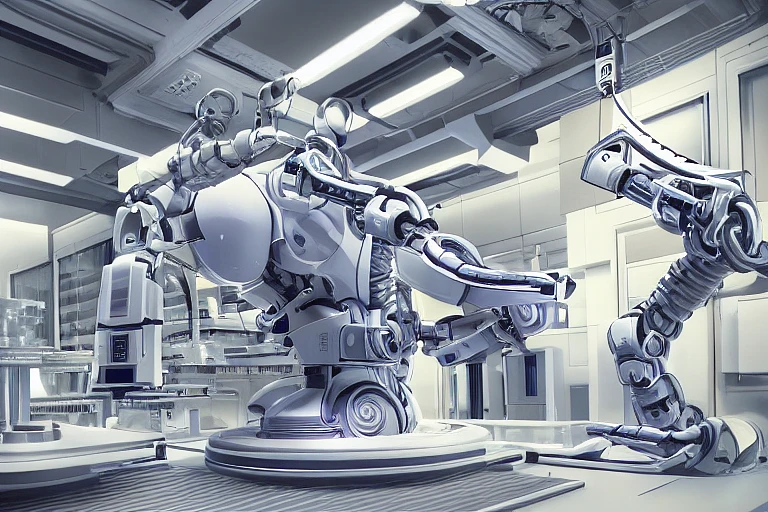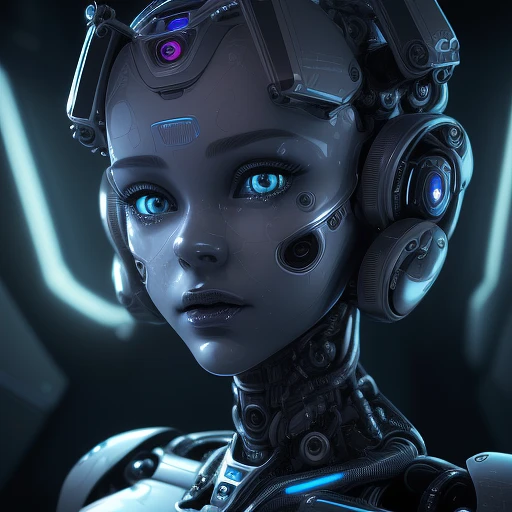Generative AI Speeds Up Robot Development, Transforming Industries

Nvidia, a leading chip maker, forecasts that AI-powered robots will see increased adoption in industries beyond logistics, warehousing, and manufacturing. The next wave of sectors set to embrace AI-powered robotics includes construction, retail, healthcare, and agriculture. According to Deepu Talla, Nvidia’s VP of Embedded and Edge Computing, generative AI is playing a pivotal role in accelerating the development and deployment of robots, transforming how industries bring innovative robotic solutions from conceptualization to reality.
Evolution from Logistics to Diverse Industries
Autonomous robots have already made significant strides in logistics, warehousing, and manufacturing, addressing challenges related to efficiency, cost reduction, and labor shortages. The successful deployment of smart robots in these sectors has laid the groundwork for expansion into other industries. Talla points to construction, retail, healthcare, and agriculture as the next frontiers for AI-powered robotics, presenting opportunities for innovation and efficiency gains.
AI Upgrades for Smarter Robots
Talla notes that existing deployed robots are becoming smarter through AI upgrades. Large-scale fulfillment centers and manufacturing plants are continuously integrating more intelligent robots into their operations. Notable examples include Amazon’s implementation of AI-powered sorting machines and robotic arms in its warehouses, showcasing the impact of AI on enhancing speed, safety, and overall operational efficiency.
Generative AI’s Role in Accelerating Development
Generative AI, particularly Nvidia’s text-to-3D generative AI model named Picasso, is highlighted as a transformative tool in the development of robots. Talla emphasizes its ability to expedite the process of bringing robots from the proof-of-concept stage to deployment. By leveraging generative AI in simulation teams, developers can enhance virtual environments with realistic elements, making simulations more effective in preparing robots for dynamic and unpredictable real-world scenarios.

Transformation of Industries
The increasing adoption of AI-powered robots across diverse industries signifies a broader transformation of traditional sectors. As generative AI continues to play a central role in accelerating development cycles and improving the adaptability of robots, industries can expect to witness innovation and efficiency gains that contribute to reshaping the future of work and automation.
Nvidia’s insights into the expansion of AI-powered robots into construction, retail, healthcare, and agriculture underscore the evolving landscape of robotics. With generative AI facilitating faster development and deployment, industries are poised to benefit from advanced automation solutions, creating opportunities for increased productivity, cost-effectiveness, and enhanced capabilities in diverse operational environments.


























